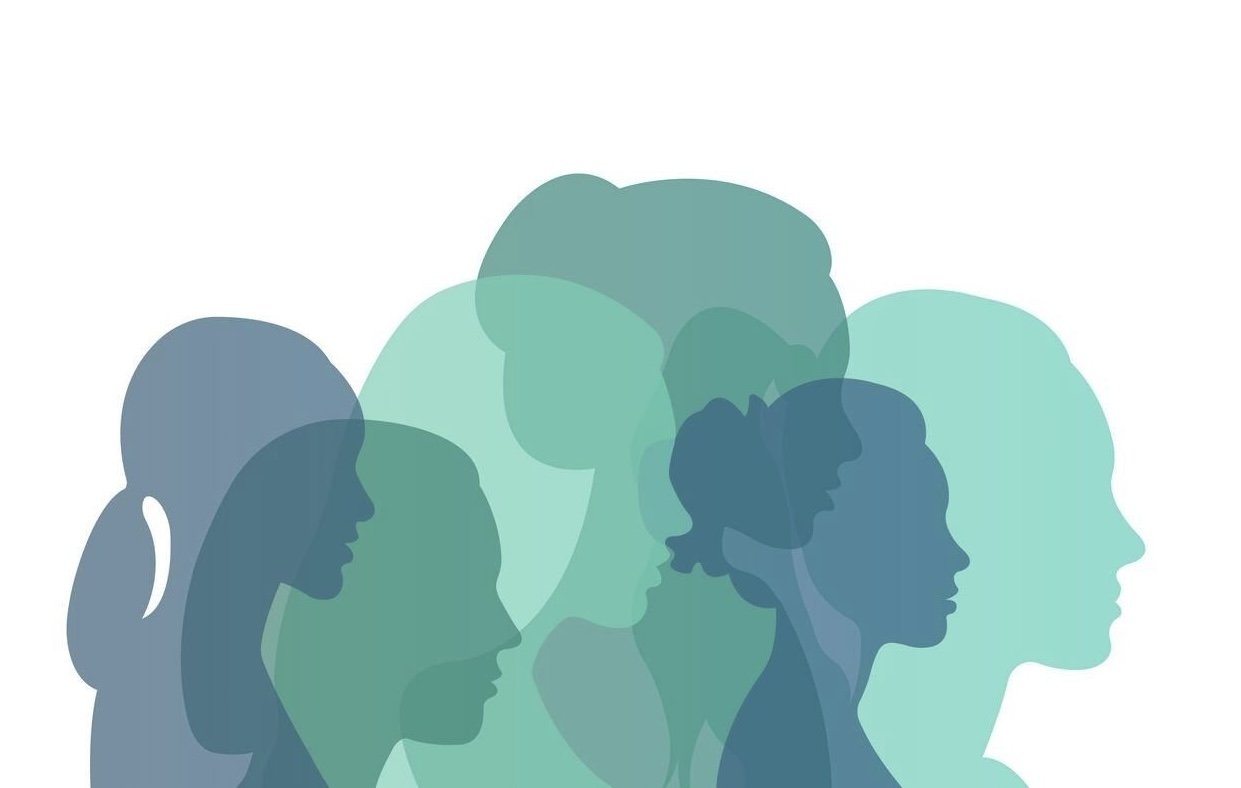
We Prioritize Getting You Better
CONDITIONS WE TREAT
We Treat The Full Spectrum of Most Conditions.
CONDITIONS WE TREAT
We treat a wide range of psychiatric conditions as well as medical conditions that present with psychiatric symptoms. Whether your symptoms are mild or severe, our expert team is committed to providing you with the comprehensive and compassionate care you deserve.
GET HELP FOR:
DEPRESSION
ANXIETY
INSOMNIA
POST TRAUMATIC STRESS DISORDER (PTSD)
BIPOLAR
SCHIZOPHRENIA
DEMENTIA
TRAUMATIC BRAIN INJURY (TBI)
PARKINSONS DISEASE
PSEUDOBULBAR AFFECT
Learn more about the full spectrum of conditions we treat.
SPECIALTIES
DEPRESSION
Depression, or major depressive disorder, is a common and serious mood disorder characterized by persistent feelings of sadness, loss of interest or pleasure, and a variety of emotional and physical problems.
ANXIETY
Anxiety disorders are characterized by excessive fear or worry that is difficult to control and can interfere with daily activities. Types include generalized anxiety disorder (GAD), panic disorder, social anxiety disorder, and specific phobias.
PTSD
is a mental health condition triggered by experiencing or witnessing a traumatic event. Symptoms include flashbacks, nightmares, severe anxiety, and uncontrollable thoughts about the event.
INSOMNIA
Insomnia is a sleep disorder characterized by difficulty falling asleep, staying asleep, or waking up too early and not being able to return to sleep. It can lead to daytime fatigue, mood disturbances, and difficulty concentrating.
BIPOLAR DISORDER
Bipolar disorder, formerly known as manic-depressive illness, is characterized by extreme mood swings that include emotional highs (mania or hypomania) and lows (depression). These shifts in mood can affect sleep, energy, activity, judgment, behavior, and the ability to think clearly.
SCHIZOPHRENIA
Schizophrenia is a severe mental disorder that affects how a person thinks, feels, and behaves. It may result in hallucinations, delusions, disorganized thinking and speech, and impaired functioning. People with schizophrenia often appear to have lost touch with reality.
DEMENTIA
Dementia is an umbrella term for a decline in cognitive function severe enough to interfere with daily life. It includes memory loss, impaired reasoning, and changes in language, perception, and judgment. Alzheimer's disease is the most common type of dementia.
TRAUMATIC BRAIN INJURY
Traumatic brain injury usually results from a violent blow or jolt to the head or body. An object that goes through brain tissue, such as a bullet or shattered piece of skull, also can cause traumatic brain injury.
Mild traumatic brain injury may affect your brain cells temporarily and can cause Mood changes or feeling depressed or anxious, Difficulty sleeping and impulsivity.
PARKINSONS DISEASE
Parkinson’s is a progressive brain disorder that affects the nervous system and the parts of the body that nerves control. It's the fastest-growing neurological condition in the world. Around 50% of people living with Parkinson’s disease (PD) may experience hallucinations and delusions throughout their disease, and these symptoms can get worse over time.
PSEUDOBULBAR AFFECT
If you have been diagnosed with a neurological condition or brain injury and have noticed changes in your crying and laughing, you may be experiencing Pseudobulbar Affect (PBA). PBA is a medical condition that causes crying and/or laughing that is sudden, frequent, uncontrollable, and is exaggerated or doesn’t match how you feel. PBA may be caused by neurological damage related to your neurologic condition or brain injury but is a separate and treatable condition.
Have Questions About Your Condition?
At Cornerstone, we specialize in treating a wide variety of mental health conditions. If you have any questions, please contact us. We value all of our patients and are here to help.

Need Immediate Assistance?
Hope Line
If you’re in emotional distress call or text 919.231.4525 / 877.235.4525 for support.
988
Call or text 988 the National Suicide Prevention Lifeline for 24/7 emotional support.
911
If you’re having a medical or mental health emergency, call 911 or go to your local ER.
-
We treat a wide range of mental health conditions, including depression, anxiety, bipolar disorder, schizophrenia, PTSD, dementia, insomnia, neurological conditions with psychiatric symptoms such as: Parkinson's Disease, Traumatic Brain Injury, and Pseudobulbar Affect.
-
If you are struggling with emotional issues, concentration problems, adjustment, stress, anger, thoughts of suicide, overwhelming anxiety, relationship problems, obsessive thoughts, compulsive rituals, memory loss, hallucinations, sleep problems, excessive crying, or mood instability, chances are you may benefit from a psychiatric evaluation and assessment.
-
It's okay to see either one first. Therapists and psychiatric professionals generally work together and will guide you on the best approach for your condition. Evidence-based practice suggests that medication management and individual therapy together produce the best outcomes for most illnesses.
-
Yes, ongoing therapy can provide sustained support, help prevent relapse, and promote long-term mental health stability.
-
Improvements vary by individual, but many patients experience reduced symptoms, better emotional regulation, and improved functioning in daily activities.
What’s On Your Mind?
FREQUENTLY ASKED QUESTIONS







